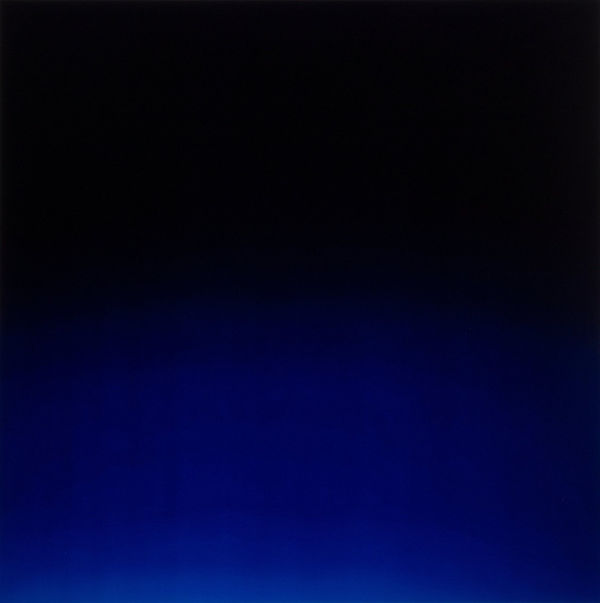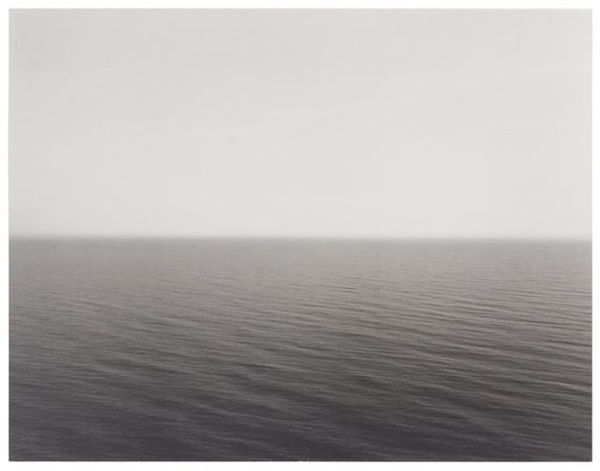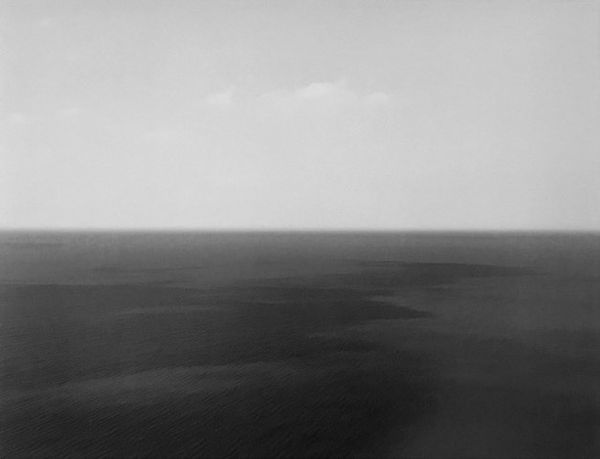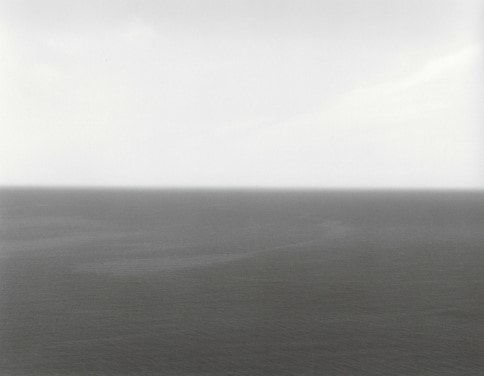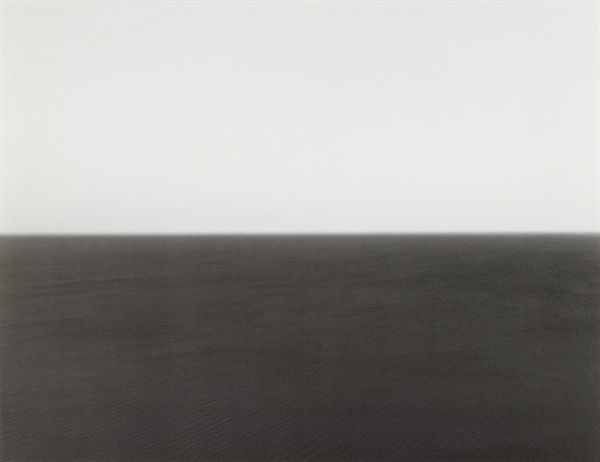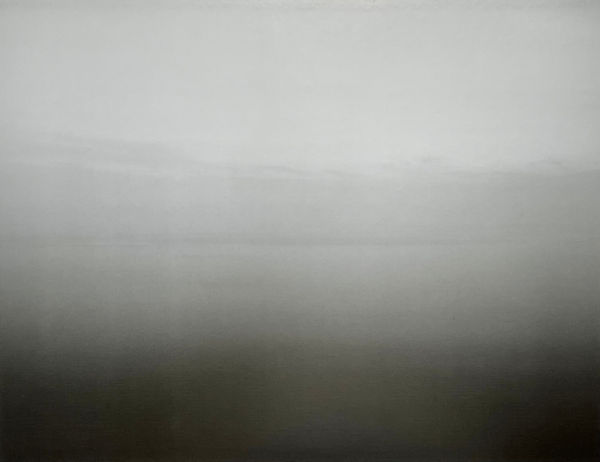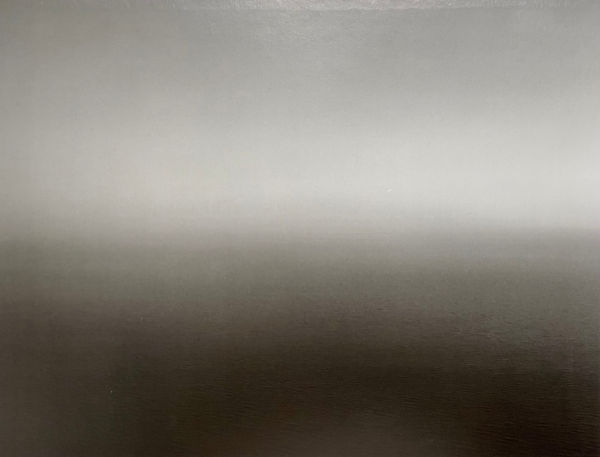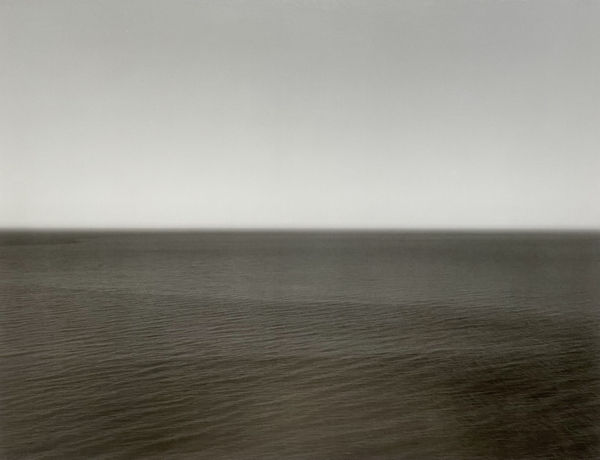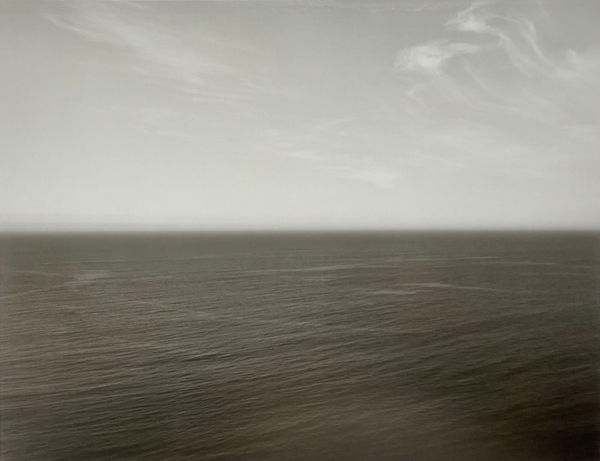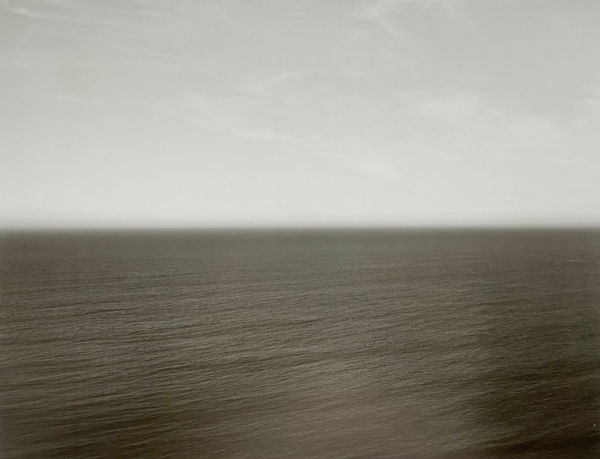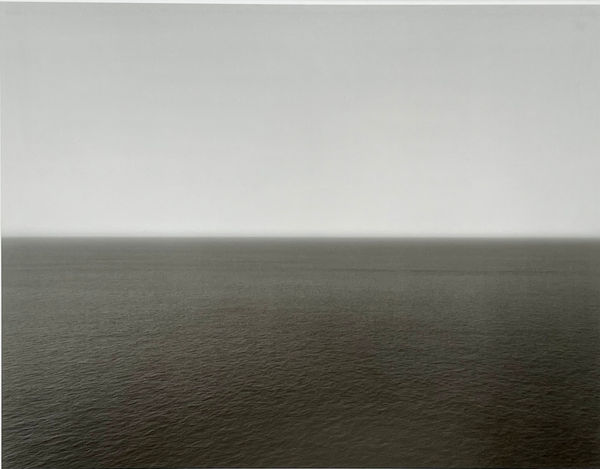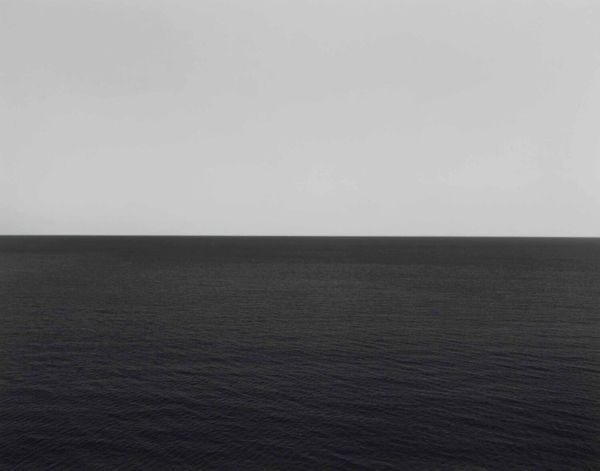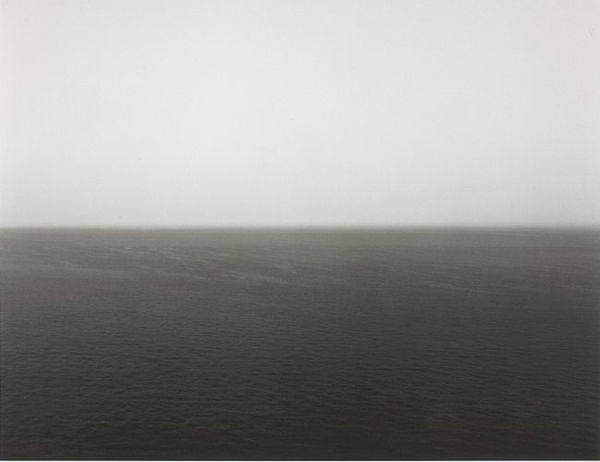Hiroshi Sugimoto
-
 Hiroshi SugimotoOpticks 008 - Blue, 2018
Hiroshi SugimotoOpticks 008 - Blue, 2018 -
 Hiroshi SugimotoOpticks 020 - Red, 2018
Hiroshi SugimotoOpticks 020 - Red, 2018 -
 Hiroshi Sugimoto367 Black Sea Inebolu, 1991
Hiroshi Sugimoto367 Black Sea Inebolu, 1991 -
 Hiroshi Sugimoto369 Marmara Sea Silivli, 1991
Hiroshi Sugimoto369 Marmara Sea Silivli, 1991 -
 Hiroshi Sugimoto357 Time Exposed, Irish Sea, Isle of Man, 1990
Hiroshi Sugimoto357 Time Exposed, Irish Sea, Isle of Man, 1990 -
 Hiroshi Sugimoto368 Black Sea Oakbayir, 1990
Hiroshi Sugimoto368 Black Sea Oakbayir, 1990 -
 Hiroshi Sugimoto371 Marmara Sea Silivli, 1990
Hiroshi Sugimoto371 Marmara Sea Silivli, 1990 -
 Hiroshi SugimotoTime Exposed #305 Sea of Japan Hokkaido 1986, 1990
Hiroshi SugimotoTime Exposed #305 Sea of Japan Hokkaido 1986, 1990 -
 Hiroshi SugimotoTime Exposed #322 Mediterranean Sea Cassis 1989, 1990
Hiroshi SugimotoTime Exposed #322 Mediterranean Sea Cassis 1989, 1990 -
 Hiroshi SugimotoTime Exposed #324 Mediterranean Sea La Ciotat 1989, 1990
Hiroshi SugimotoTime Exposed #324 Mediterranean Sea La Ciotat 1989, 1990 -
 Hiroshi SugimotoTime Exposed #325 Sea of Okhotsk Hokkaido 1989, 1990
Hiroshi SugimotoTime Exposed #325 Sea of Okhotsk Hokkaido 1989, 1990 -
 Hiroshi SugimotoTime Exposed #328 South Pacific Maraenui 1990, 1990
Hiroshi SugimotoTime Exposed #328 South Pacific Maraenui 1990, 1990 -
 Hiroshi SugimotoTime Exposed #330 Tasman Sea Ngarupupu 1990, 1990
Hiroshi SugimotoTime Exposed #330 Tasman Sea Ngarupupu 1990, 1990 -
 Hiroshi SugimotoTime Exposed #331 Tasman Sea Ngarupupu 1990, 1990
Hiroshi SugimotoTime Exposed #331 Tasman Sea Ngarupupu 1990, 1990 -
 Hiroshi SugimotoTime Exposed #333 Arctic Ocean Nord Kapp 1990, 1990
Hiroshi SugimotoTime Exposed #333 Arctic Ocean Nord Kapp 1990, 1990 -
 Hiroshi SugimotoTime Exposed #334 Arctic Ocean Nord Kapp (1990), 1990
Hiroshi SugimotoTime Exposed #334 Arctic Ocean Nord Kapp (1990), 1990 -
 Hiroshi SugimotoTime Exposed #335 Norwegian Sea Vesteralen Island 1990, 1990
Hiroshi SugimotoTime Exposed #335 Norwegian Sea Vesteralen Island 1990, 1990 -
 Hiroshi SugimotoTime Exposed #339 Tyrrhenian Sea Positano 1990, 1990
Hiroshi SugimotoTime Exposed #339 Tyrrhenian Sea Positano 1990, 1990 -
 Hiroshi SugimotoTime Exposed #343 Ionian Sea Santa Cesarea 1990, 1990
Hiroshi SugimotoTime Exposed #343 Ionian Sea Santa Cesarea 1990, 1990 -
 Hiroshi SugimotoTime Exposed #349 Aegean Sea Pilion 1990, 1990
Hiroshi SugimotoTime Exposed #349 Aegean Sea Pilion 1990, 1990 -
 Hiroshi SugimotoTime exposed #357 Ionian Sea, Santa Cesarea, 1990
Hiroshi SugimotoTime exposed #357 Ionian Sea, Santa Cesarea, 1990 -
 Hiroshi SugimotoTime exposed #357 Ionian Sea, Santa Cesarea (1990), 1990Sold
Hiroshi SugimotoTime exposed #357 Ionian Sea, Santa Cesarea (1990), 1990Sold -
 Hiroshi SugimotoTime Exposed, Irish Sea, Isle of Man, 1990
Hiroshi SugimotoTime Exposed, Irish Sea, Isle of Man, 1990 -
 Hiroshi SugimotoTime Exposed: #301 Caribbean Sea, Jamaica (1980), 1990
Hiroshi SugimotoTime Exposed: #301 Caribbean Sea, Jamaica (1980), 1990 -
 Hiroshi SugimotoTime Exposed: #352 Miltoan Sea Sounion (1990), 1990Sold
Hiroshi SugimotoTime Exposed: #352 Miltoan Sea Sounion (1990), 1990Sold
Hiroshi Sugimoto is a contemporary Japanese photographer whose esoteric practice explores memory and time. Using the intrinsic quality of long exposure photography, the artist provides insight into how the medium can both obscure and alter reality.
To craft his exquisite black-and-white images, Hiroshi Sugimoto uses a 19th-century-style, large-format camera, exploring his idea of photography as a method for preserving and modelling time. He has said. “Photography is a system of saving memories. It's a time machine, in a way, to preserve the memory, to preserve time.”
Influenced by Surrealism and Dada, Sugimoto's work is intimately connected to Marcel Duchamp, as in his series ‘Conceptual Forms’ inspired by Duchamp's The Large Glass, 1923, large-scale black-and-white photographs of mathematical models and tools.
Ongoing subjects include dioramas, theaters, Buddhist sculptures, and seascapes—the latter captured in a famous series of near-abstractions, coupled with specific geographic titles. “I imagine my vision then try to make it happen, just like painting,” he says. “The reality is there, but how to make it like my reality.”
